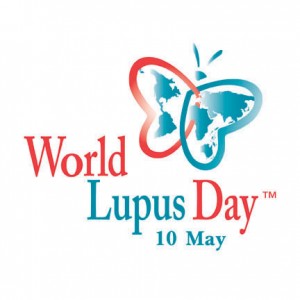 Many lupus patients are prescribed steroids, as tablets (Prednisolone) which we need to take every day to keep symptoms managed. Alongside these many of us are also given PPIs or proton pump inhibitors to protect the stomach by reducing the amount of acid produced. These are often omeprazole, lansoprazole or other PPIs. Recently there has been some concern that PPIs may be too readily prescribed and that coming off them can be difficult. This is because you can get rebound acid when you stop taking them, so symptoms of heartburn can return.
Many lupus patients are prescribed steroids, as tablets (Prednisolone) which we need to take every day to keep symptoms managed. Alongside these many of us are also given PPIs or proton pump inhibitors to protect the stomach by reducing the amount of acid produced. These are often omeprazole, lansoprazole or other PPIs. Recently there has been some concern that PPIs may be too readily prescribed and that coming off them can be difficult. This is because you can get rebound acid when you stop taking them, so symptoms of heartburn can return.
These are very effective and useful drugs for those who need to take them, however there may be some disadvantages to taking them long term as they can interfere with the way minerals and vitamins such as B12 are absorbed by the body.
“In the beginning I had extreme gastric pain connected to my lupus and ended up trying three different PPIs before I found one that thankfully worked, I was also on a very high dose. However after taking them for many months I did come off the pantoperazole I was taking by reducing the dose very gradually. My symptoms did get worse each time I dropped the dose, but I persisted and I was able to reduce the dose and finally stop taking it. I now manage my symptoms by taking a very low dose of ranitidine.”- Lupus SLE patient.
To read more about taking PPIs and the concerns about over prescribing them you can follow this link to Inside Health, which has a report on it in January this year.
If you do want to reduce or stop taking PPIs, then please discuss this with your doctor first.



